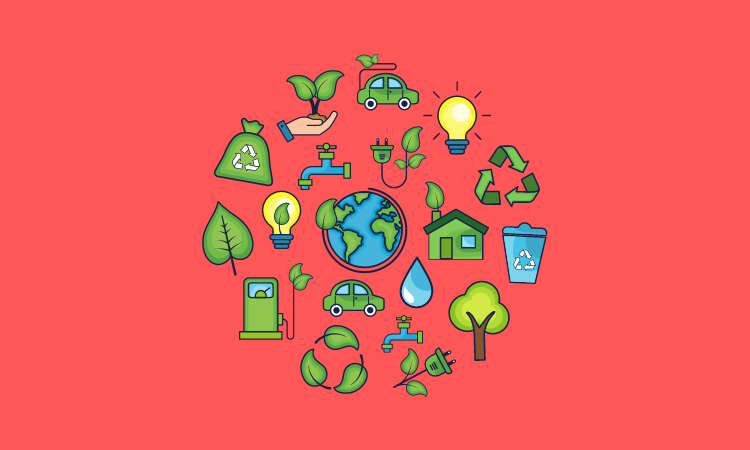Member Exclusive, The Customer Effect
Inside ‘climate fintech’: The fintech firms using carbon offsets to address climate change
- Financial institutions are increasingly rallying around environmentally friendly initiatives.
- Startups are turning towards carbon offsets to build a carbon-neutral future.








